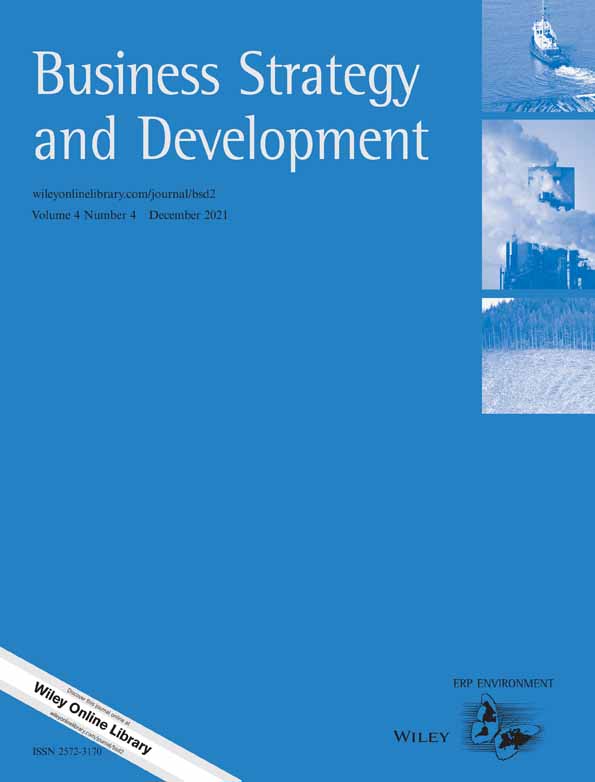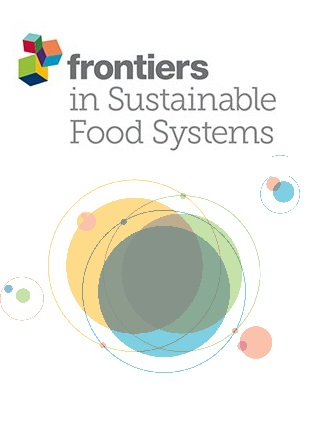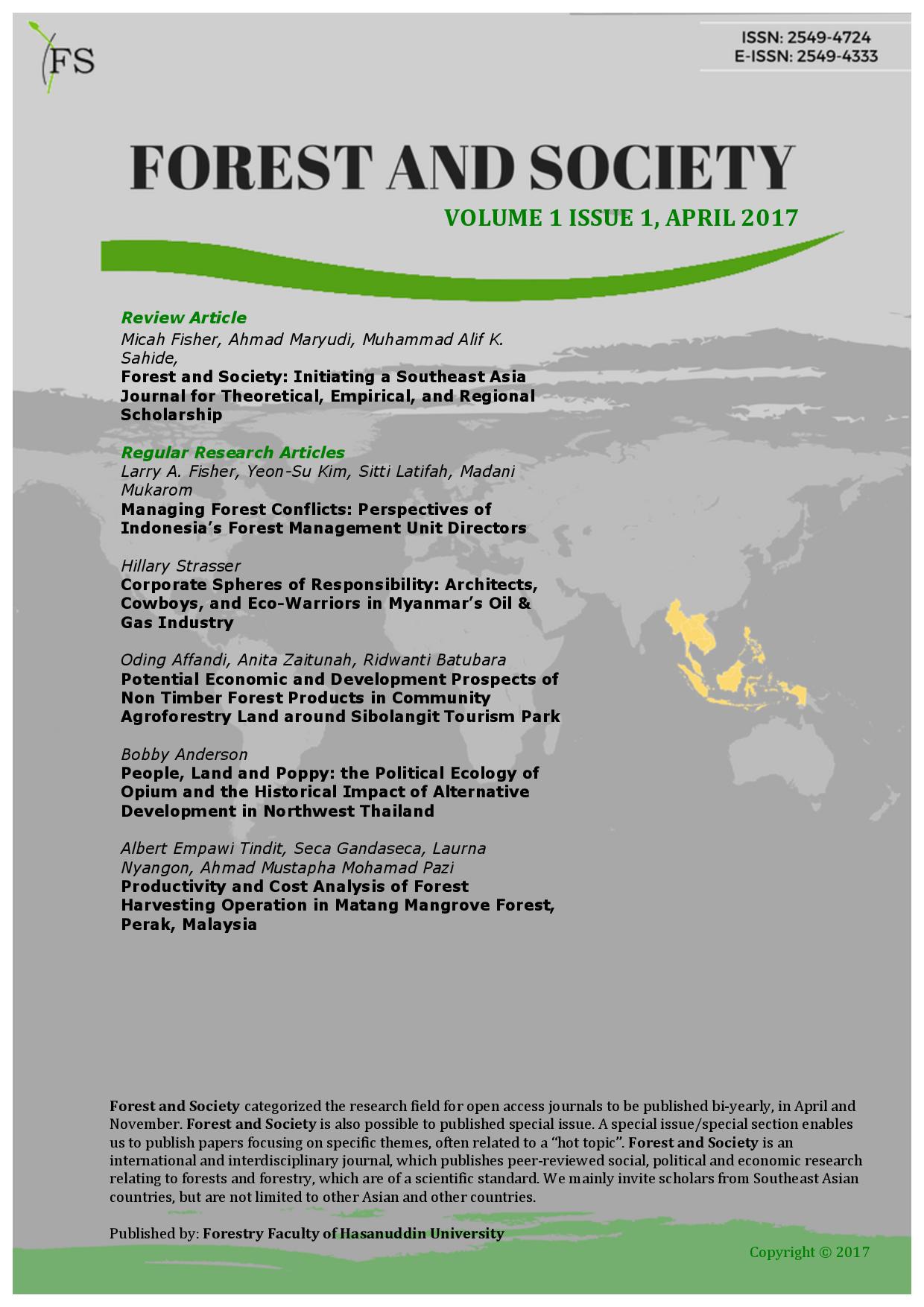Key messages
A multi-stakeholder consultative process known as Participatory Prospective Analysis (PPA) proved successful in bringing stakeholders together to discuss forest landscape restoration (FLR) in the Mount Elgon ecosystem in Kenya’s Rift Valley region. It attracted actors from local and central government, civil society, community-based organizations, and the private sector.- The participants identified 32 potential "forces of change" for FLR in Mount Elgon for the coming decade. They then selected the five most influential forces. These were government policy, land tenure, financial management, ecosystem products and services, and community involvement.
- Participants then developed three possible scenarios for the future. One was desirable, one undesirable, and one had both desirable and undesirable aspects. The desirable scenario was characterized by: effective, transparent government; empowered, connected and knowledgeable communities that take ownership of FLR activities; clarity on land tenure and integrated management plans leading to sustainable use of ecosystem products and services and to improved local livelihoods.
- In the undesirable scenario, a corrupt, bureaucratic regime fails to implement effective policies and excludes communities from decision-making. This leads to increased forest exploitation. In the mixed scenario, the government is well-funded and effective at implementing FLR, but it excludes communities from the process and ends up privatizing the process. This forces locals to withdraw from the forest, which has severe implications for livelihoods, as well as bringing the risk of violent clashes and conflicts.
- In response to these scenarios, participants developed an action plan, which was presented, revised and adopted in two feedback workshops held four months after the initial meeting. Key actions in that plan include: harmonizing conflicting policies; clarifying land tenure; raising finance for FLR from the public and private sector; mapping, valuing and enhancing ecosystem products and services; and increasing community engagement in FLR through training and capacity-building.
- Although women's representation in the workshops was reasonable, gender issues were absent in many of the discussions, and it is recommended that a women-only PPA activity be organized to allow female stakeholders to express themselves more fully and to bring out gendered concerns.
Download:
Publication year
2020
Authors
Tibazalika, A.; Mukasa, C.; Wamala, P.; Okiror, G.; Mwangi, E.; Buloa, M.; Ojwang, D.
Language
English
Keywords
tenure systems, community forestry
Geographic
Kenya
























